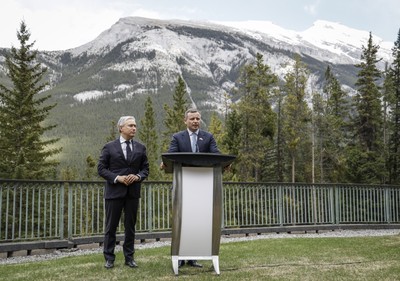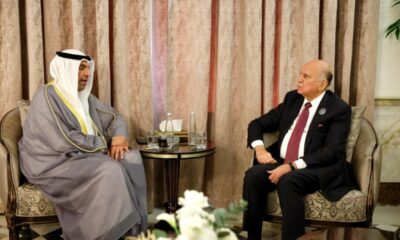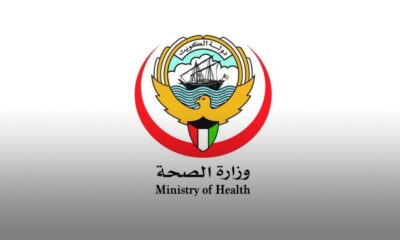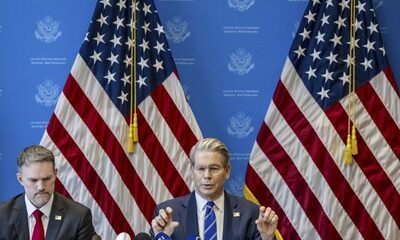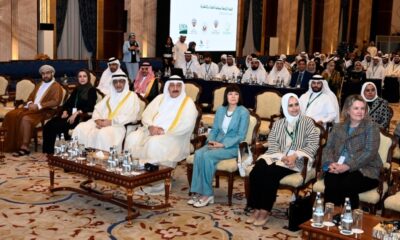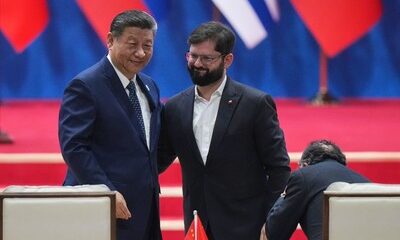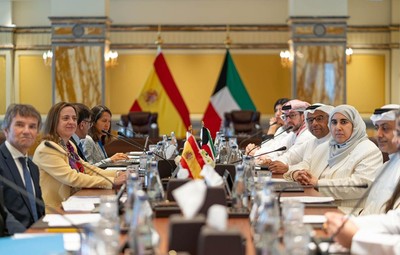KUWAIT CITY, May 21: Minister of Commerce and Industry Khalifa Al-Ajeel said the government is working hard to implement ambitious economic policies aimed at restructuring the national economy, achieving diversification, facilitating the business environment, expanding participation, and raising the efficiency of the State’s financial management. Al-Ajeel made the statement at the opening of the New Kuwait Economic Strategy 2025 Conference the Kuwait Direct Investment Promotion Authority (KDIPA) organized Wednesday in cooperation with The Business Year Group. KDIPA Director General Sheikh Dr. Meshaal Jaber Al-Ahmad Al-Sabah attended the event, with the participation of a group of economic leaders in and outside Kuwait. According to Al-Ajeel, the government recently implemented a set of laws in light of these economic policies, such as the Public Debt Law, which aims to rationalize financing tools and support the financial sustainability of the State; as well as the Real Estate Developer Law, which will propel the real estate, banking and investment sectors to new stages of growth and development.
He cited the initiatives and projects that were launched recently, like the Smart License Project, Office Licenses Merger System, and amendment of the Companies Law, which reflect policies to develop and improve the business environment in the country. He emphasized that “these government reforms are manifested in the economic indicators of the country.” He explained that before the adoption of these reforms, the gross domestic product (GDP) witnessed a remarkable four percent growth in non-oil sectors, indicating a real beginning in terms of diversifying sources of income and reducing dependence on traditional resources. He stated that “the government is looking forward to improving these rates in 2025 and the coming years. We have a historic opportunity to move Kuwait to a new phase of growth, productivity and partnership.”
Regarding foreign investment, he revealed that Kuwait has adopted measures to improve the investment environment, raise the level of transparency and strengthen legal frameworks, which contributed to a 20 percent increase in foreign direct investment inflows last year. He pointed out that the country has witnessed many international investments in different sectors such as technology, renewable energy, and infrastructure, reflecting the extent of foreign investor confidence in Kuwait as a stable and ambitious investment hub. He added that mega strategic projects like Zour Refinery, Mubarak Al-Kabeer Port and Kuwait National Railway, along with the development of smart cities and infrastructure, not only strengthen the economic structure of the country, but also establish a sustainable economy based on innovation, diversity and partnerships between the private sector and the government.
He said “The noble directives of His Highness the Amir Sheikh Meshal Al- Ahmad Al-Jaber Al-Sabah are considered the compass that guides all of us in formulating the economic policies of the State. His Highness has repeatedly emphasized that Kuwait is now facing a historic responsibility that requires serious action to build a resilient and globally open economy based on knowledge and innovation, led by the private sector, supported by the State, and confidently keeping pace with rapid regional and global developments.” He believes that the challenge today does not lie in formulating visions; but in transforming them into reality through cooperation between the public and private sectors, developing national competencies, and strengthening Kuwait’s position as an influential economic and investment hub in the region. “The government looks forward to the future with confidence and treats challenges as opportunities to move assertively toward building a new Kuwaiti economic model — one that believes in partnership, embraces modernity, and invests in people above all else,” he concluded.
By Marwa Al-Bahrawi
Al-Seyassah/Arab Times Staff
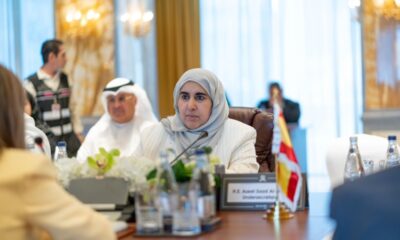
 Latest News21 hours ago
Latest News21 hours ago
 Politics21 hours ago
Politics21 hours ago
 Politics24 hours ago
Politics24 hours ago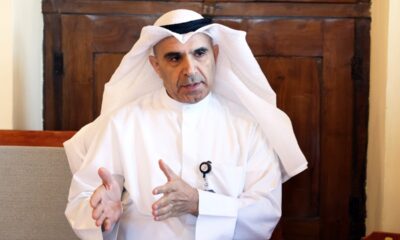
 Latest News23 hours ago
Latest News23 hours ago
 Politics23 hours ago
Politics23 hours ago
 Politics22 hours ago
Politics22 hours ago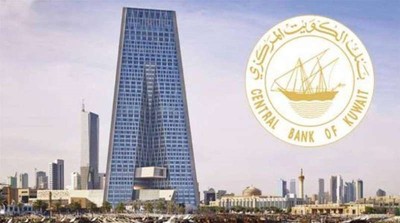
 Business9 hours ago
Business9 hours ago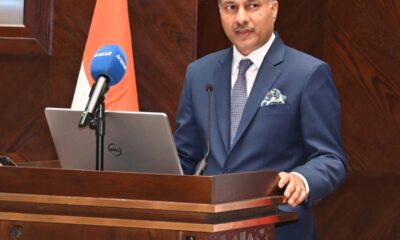
 Latest News22 hours ago
Latest News22 hours ago
